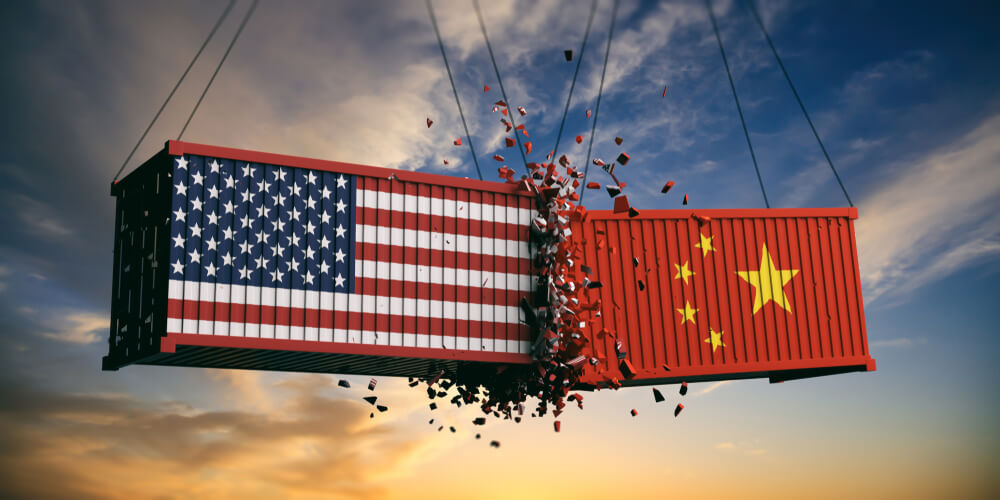China moved to cut off purchase of American soybeans in the latest salvo against U.S. farmers caught in the middle of the ongoing trade war with the world’s largest buyer of soy, according to a Bloomberg report.
Buyers from China haven’t canceled previous purchases, but have ceased ordering more and do not expect to begin purchasing again due to rising tensions between the world’s two largest economies.
U.S. President Donald Trump escalated things earlier this month after he approved tariff increases from 10% to 25% on $200 billion worth of Chinese imports, which Beijing then retaliated by slapping tariffs on $60 billion worth of U.S. imports. Trump took things up another notch by blacklisting Chinese telecom giant Huawei from U.S. networks and technology.
U.S. farmers have been hit the hardest in the tit-for-tat tariffs battle, as the value of soybean exports to China have fallen a staggering 74% to just $3.1 billion in 2018 after topping out at $12.2 billion in 2017, according to the U.S. Department of Agriculture.
After a truce was called in December, China bought about 13 million metric tons of American soybeans. The Ag Department said China then pledged to buy an additional 10 million tons of soybeans in February, but all purchases have now stopped.
Presidents Trump and Xi Jinping of China are scheduled to meet at next month’s G-20 summit to continue negotiations, when some analysts are predicting a resolution to the fight that threatens to harm the global economy.
Cutting off soybean purchases is a direct slap at Trump’s political base in America’s heartland, where he carried eight of the 10 states with the largest soybean production. Iowa is the second-largest soybean producer after Illinois, and flipped from Democrat to Republican in the 2016 election, but could easily swing back again in 2020.
The Trump administration last week announced a second bailout payment, this time to the tune of $16 billion after paying out $11 billion last summer.
Soybean futures have now fallen to their lowest levels since 2009.
